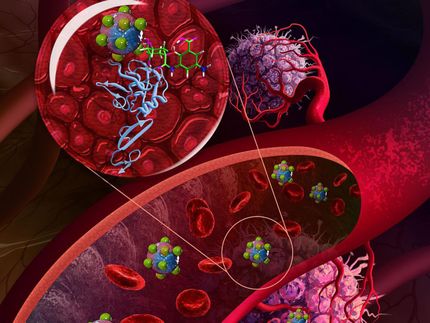New treatment regimen shown effective against advanced ovarian cancer
Advertisement
Newly reported results from a major clinical trial show that adding bevacizumab (Avastin) to standard frontline chemotherapy for women with advanced ovarian cancer and then continuing a maintenance dose of the drug afterwards significantly extends progression-free survival. Women receiving the new treatment regimen saw no worsening of their disease for 14.1 months, compared to 10.3 months for women receiving standard therapy.
The international, multi-center, randomized, double-blind, placebo-controlled Phase III clinical trial was conducted by a network of researchers known as the Gynecologic Oncology Group (GOG) and sponsored by the U.S. National Cancer Institute. The trial results were presented at the 46th Annual Meeting of the American Society of Clinical Oncology (ASCO).
The trial marked the first time a molecularly targeted agent has been part of a validated strategy for treating advanced ovarian cancer. It was also the first time a maintenance dosing approach involving any therapy has been outlined for the disease. Additionally, ongoing analysis of the trial data may offer insights into genetically defined subgroups of patients who benefited more than others, pointing to the possibility of more personalized, even more effective treatment for ovarian cancer in the future.
The trial, dubbed GOG-0218, enrolled 1,873 previously untreated women with advanced disease from 336 sites in four countries (U.S., Canada, South Korea, and Japan). The women were randomly assigned to one of three treatment protocols: standard chemotherapy (carboplatin and paclitaxel) plus placebo, followed by placebo maintenance for an up to 10 additional months; standard chemotherapy plus bevacizumab followed by placebo maintenance; and standard chemotherapy plus bevacizumab followed by bevacizumab maintenance. The type and frequency of bevacizumab-associated side effects were similar to those seen in previous cancer studies involving the drug.
Bevacizumab, a humanized monoclonal antibody, is an angiogenesis inhibitor, meaning that the drug limits tumor growth by interfering with the formation of new blood vessels to supply the tumor with needed nutrients. It acts by inhibiting the function of a naturally occurring protein called vascular endothelial growth factor, or VEGF, which is overproduced in many cancers and stimulates new blood vessel formation.


























































